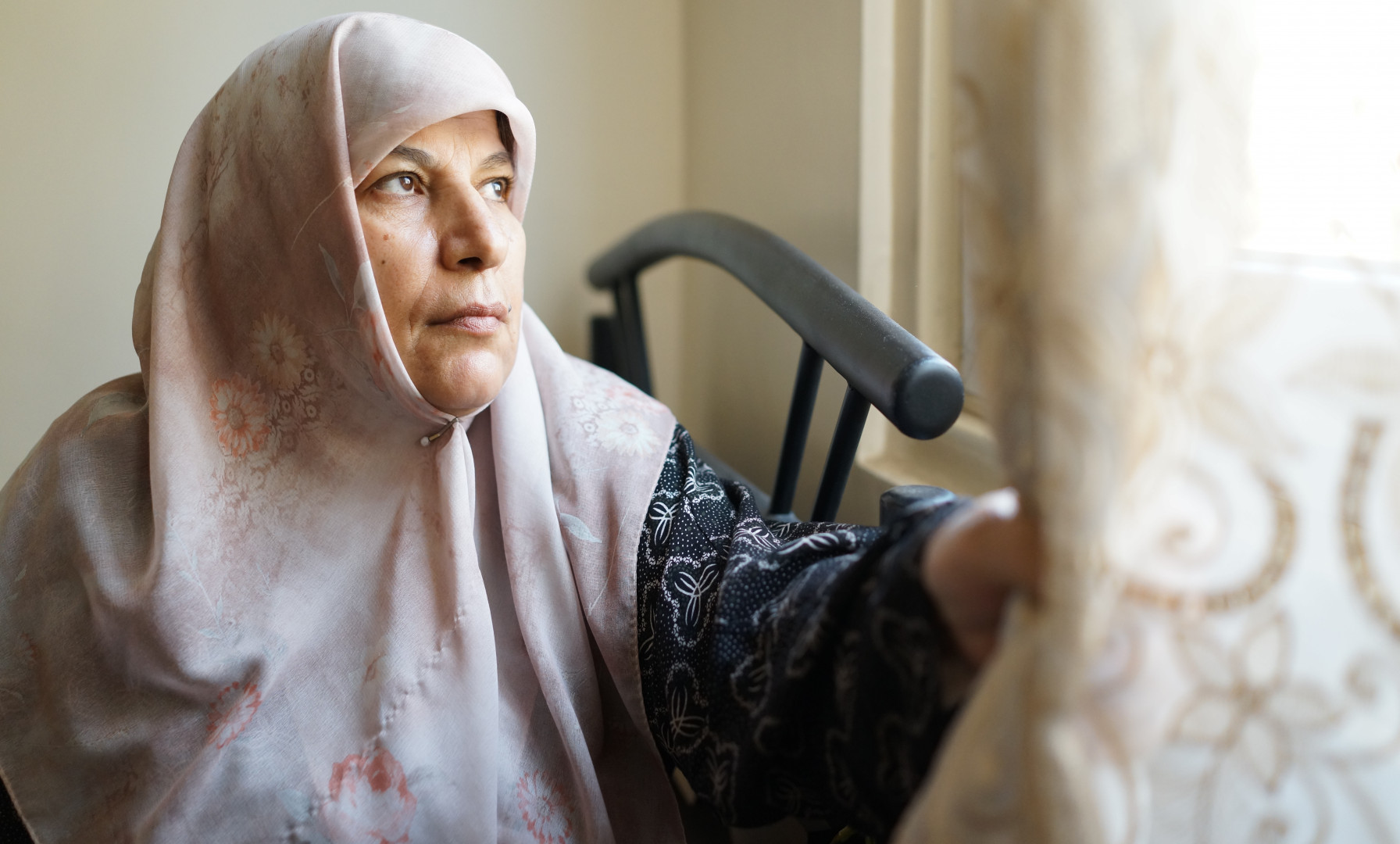A 'hopeless' feeling: Struggling seniors face sky-high rents and few, if any, options

A 'hopeless' feeling: Struggling seniors face sky-high rents and few, if any, options
Slightly more than 1/5th of Canada's seniors who live in private dwellings are renters
Ron Sept is getting desperate.
He can't afford a car, his prescription medications, eyeglasses or new clothes, he said. He's stopped eating meat to save on groceries, which he can only buy with the money his son living overseas sometimes sends him. If you visit him in his one-bedroom apartment in Nanaimo, B.C., you'd have to sit on the floor, because he has one chair and no table.
Sept, 70, said he's depressed, especially since giving up the antidepressant he can't afford without insurance coverage. He's also anxious, lonely and said his health is suffering.
Why? Because 95 per cent of his pension goes to his $1,650 rent, leaving him with about $100 in his bank account each month for all other expenses. The amount, he said, is "ridiculously inadequate."
"Having to go crawling to family members on my hands and knees ... it puts people in such a difficult situation. And I think people who have lots of money don't really have any clue of what it's like to live without," Sept told CBC News.
"I don't have anywhere to go, I don't have anything to do, I don't know anybody here, so most of the time I just sit around in an apartment I can't really afford and worry."
Using the $35,700 median income and the 30 per cent benchmark, any average shelter cost above $893 for vacant units is considered unaffordable for seniors. Shelter costs include rent and other services (such as water and electricity). That means only 0.16 per cent, a fraction of a per cent, of all one-bedroom rentals are potentially affordable and vacant in all metropolitan areas CBC analyzed across the country.
Older adults are more likely to be long-term renters, maybe living in the same unit for years paying below-market rent, Brierley said. This makes them more vulnerable to evictions and renovictions, she added, because landlords may be motivated to try to earn more for their units.
And when circumstances change, like a rent increase or renoviction, older adults are less likely to be able to weather significant financial shocks because they're on a fixed income, Brierley said. This means they're more likely to lose their housing completely.
For seniors, this means not just losing your housing, but your community and social connection, Brierley added.
See complete article
-
Date
Jul 18, 2024
-
By
CBC News
